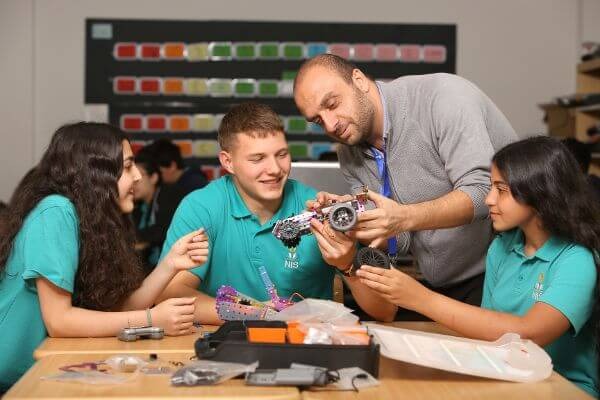
Social-emotional learning (SEL) develops the skills, attitudes, and knowledge necessary to manage emotions, build healthy relationships, and make responsible decisions. SEL has become increasingly important in recent years, as research has shown that it plays a critical role in student achievement and well-being. Find here a list of affordable American schools in Dubai.
Improved academic performance:
Research has shown that students who participate in SEL programs demonstrate improved academic performance. According to a meta-analysis of 213 studies, students who participate in SEL programs show an 11 percentile point gain in academic achievement compared to their peers who do not receive SEL instruction. This improvement in academic performance can be attributed to several factors, including improved self-regulation, greater motivation, and increased engagement in the classroom.
Social and emotional competence:
SEL programs help students develop social and emotional competencies essential for success in school and beyond. These competencies include self-awareness, self-management, social awareness, relationship skills, and responsible decision-making. Students who develop these competencies can better manage their emotions, build positive relationships with others, and make responsible decisions.
Improved behavior and school climate:
SEL programs also have a positive impact on student behavior and school climate. Students participating in SEL programs are less likely to engage in disruptive behavior, such as bullying, aggression, or substance abuse. In addition, SEL programs can improve the school’s overall climate by promoting a sense of community and belonging among students and staff.
Addressing mental health concerns:
SEL programs also play an essential role in addressing mental health concerns among students. According to the National Institute of Mental Health, one in six children between 6 and 17 experiences a mental health disorder yearly. SEL programs can help students develop the skills to manage their emotions and cope with stress, anxiety, and depression. In addition, SEL programs can promote a culture of openness and support around mental health issues, reducing the stigma that often prevents students from seeking help.
Incorporating SEL into the curriculum:
There are several ways that schools can incorporate SEL into their curriculum. One practical approach is integrating SEL into subjects such as language arts, social studies, and science. This approach allows students to develop social and emotional skills while learning academic content. Another approach is to use dedicated SEL lessons or activities focusing on developing social and emotional competencies.